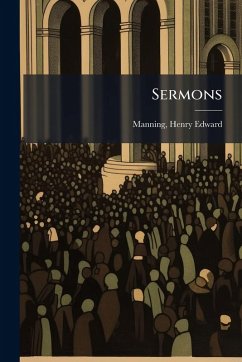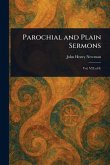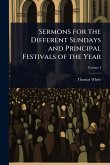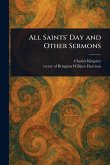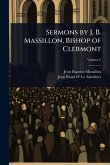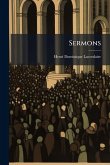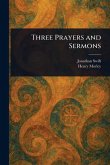This collection comprises a series of sermons by Henry Edward Manning, offering insights into 19th-century Catholic theology and religious discourse. Manning, a prominent figure in the Church, delivers powerful messages intended to inspire faith and reflection. These sermons provide a valuable glimpse into the religious thought of the period, addressing key theological themes and moral questions relevant to the Christian faith. Readers interested in religious history, Catholic studies, or the art of sermon delivery will find this a compelling and enlightening resource. This work has been selected by scholars as being culturally important, and is part of the knowledge base of civilization as we know it. This work was reproduced from the original artifact, and remains as true to the original work as possible. Therefore, you will see the original copyright references, library stamps (as most of these works have been housed in our most important libraries around the world), and other notations in the work. This work is in the public domain in the United States of America, and possibly other nations. Within the United States, you may freely copy and distribute this work, as no entity (individual or corporate) has a copyright on the body of the work. As a reproduction of a historical artifact, this work may contain missing or blurred pages, poor pictures, errant marks, etc. Scholars believe, and we concur, that this work is important enough to be preserved, reproduced, and made generally available to the public. We appreciate your support of the preservation process, and thank you for being an important part of keeping this knowledge alive and relevant.
Bitte wählen Sie Ihr Anliegen aus.
Rechnungen
Retourenschein anfordern
Bestellstatus
Storno

